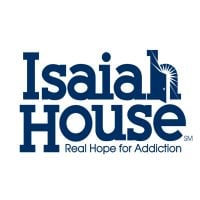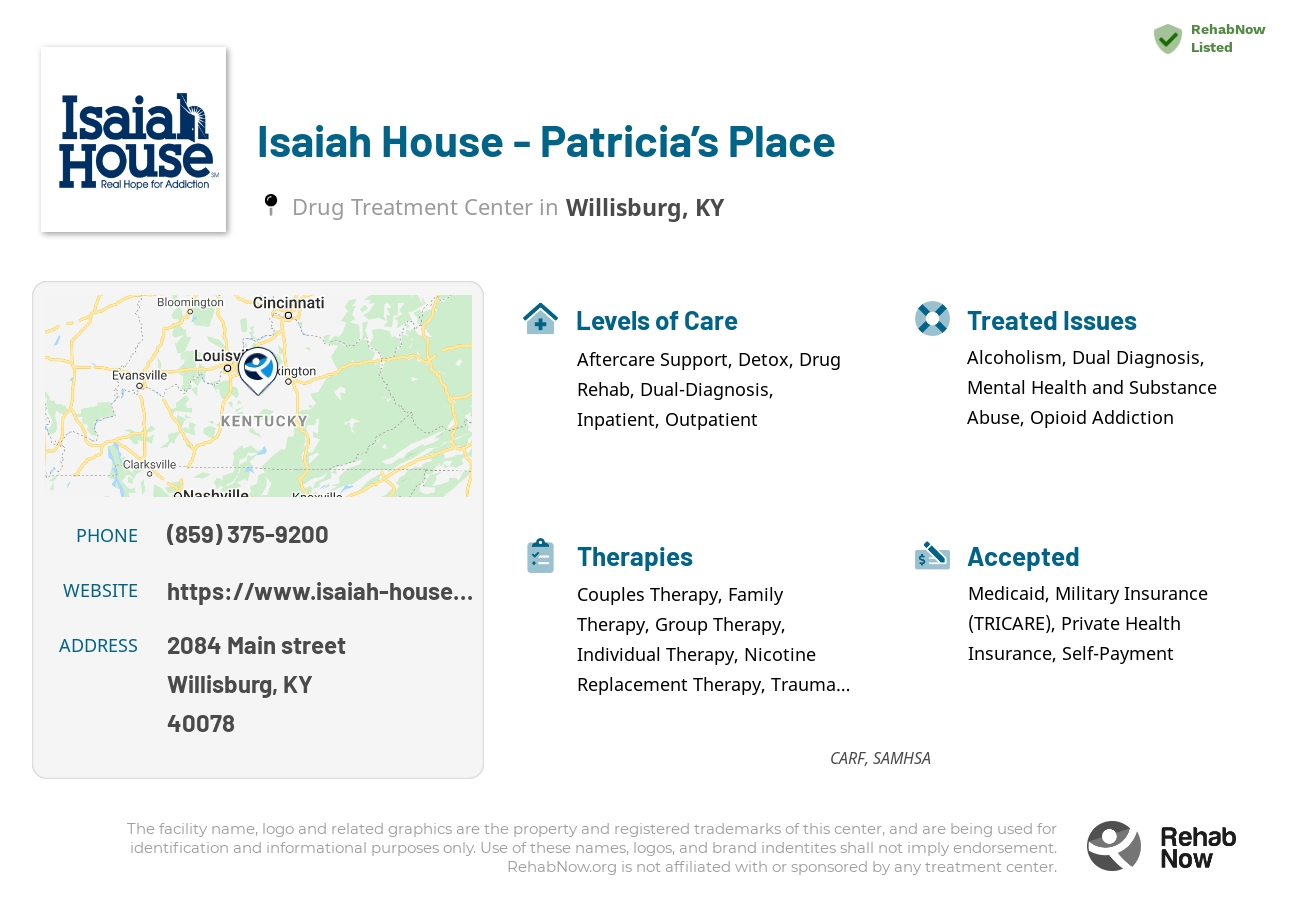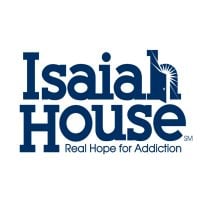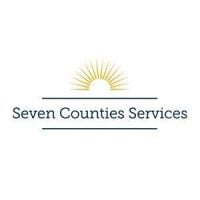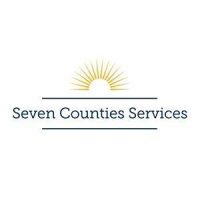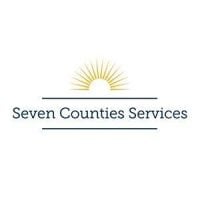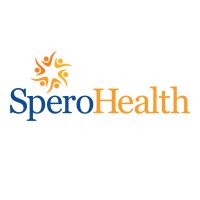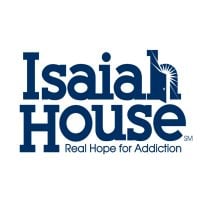Isaiah House - Patricia’s Place
Drug Rehab Center in Willisburg, Kentucky
Isaiah House - Patricia's Place is an 88-bed addiction treatment facility located in Willisburg, KY, accredited by CARF, LegitScript, State License, and SAMHSA. They provide comprehensive drug rehab programs for alcohol, opioid, dual diagnosis, and substance abuse, including detox, inpatient and outpatient monitoring, and Aftercare Support. Private health insurance is accepted, providing access to those who need help in battling their addictions.
About This Kentucky Facility
Isaiah House - Patricia's Place is a non-profit, faith-based addiction treatment center located in the countryside of Willisburg, KY. This CARF-accredited facility provides comprehensive and holistic care to help individuals break free from the grip of addiction.
Patricia's Place offers a gender-specific, 16-bed residential program for men. The treatment approach combines intensive therapy, group interactions, and biblically-based teachings to support recovery. Recognizing the challenges of early sobriety, the facility provides medically supervised withdrawal management and may incorporate medication-assisted treatment.
Accredited by CARF, LegitScript, and holding state licenses and SAMHSA certification, Patricia's Place ensures high-quality care. The facility offers various levels of treatment, including detox, inpatient, and outpatient services, as well as dual-diagnosis support. In addition to addressing substance abuse, the program emphasizes life skills training and vocational preparation to facilitate a smooth transition into everyday life.
- Comprehensive addiction treatment services
- Medically supervised withdrawal management
- Intensive therapy and group support
Patricia's Place specializes in treating alcoholism, opioid addiction, drug addiction, and co-occurring mental health disorders. The facility's holistic approach aims to equip individuals with the tools and resources necessary for long-term recovery.
Genders
Ages
Modality
Additional
Accreditations
State License
SAMHSA

LegitScript

CARF
The Commission on Accreditation of Rehabilitation Facilities (CARF) is a non-profit organization that specifically accredits rehab organizations. Founded in 1966, CARF's, mission is to help service providers like rehab facilities maintain high standards of care.
Conditions and Issues Treated
People who abuse drugs are likely to suffer from an addiction, which can cause serious health problems. When it comes to helping drug abusers get sober, there are many options to choose from. It is essential to state that there is no “”correct”” way of doing things. People are different, and they need different types of help to get over their addiction.
Many people who struggle with opioid addiction need to attend specific programs like methadone , Suboxone or Vivitrol clinics.
These types of programs will provide the patient with legal, prescription medications that can help them overcome their cravings for illegal opioids like heroin or fentanyl . If the patient has a chronic condition like Hepatitis C, they must undergo treatment before they can begin taking these medications.
Dual Diagnosis refers to someone who is both dealing with addiction and another mental health issue.
There are different kinds of Dual Diagnosis: A person who simultaneously experiences both a mental illness and an addiction disorder. Or, a person who experiences one or more coexisting (simultaneous) mental health conditions in addition to a primary substance use disorder.
Some conditions that commonly co-occur with addiction include:
- Personality Disorders (Borderline, Narcissistic)
- Mood Disorders (Bipolar Disorder, Depression, Anxiety Disorder)
- PTSD (Post Traumatic Stress Disorder), OCD (Obsessive Compulsive Disorder), ADHD (Attention Deficit Hyperactivity Disorder)
- Schizophrenia, Psychosis, Hallucinations, Delusions
Levels of Care Offered at Isaiah House - Patricia’s Place
This center offers a variety of custom treatment tailored to individual recovery. Currently available are Aftercare Support, Detox, Drug Rehab, Dual-Diagnosis, Inpatient, Outpatient, with additional therapies available as listed below.
An addict may have to go through alcohol or drug withdrawal. While detox may be uncomfortable, it is not life-threatening. Detoxification allows the addict to rid the body of all traces of drugs or alcohol and gives the addict a clean slate for their recovery. In an inpatient or outpatient setting, detox can be managed medically.
Individuals who are suffering from severe addiction or have a high risk for dangerous health concerns are often recommended to receive inpatient treatment.
Choosing to enter an inpatient treatment program is beneficial for people who are suffering from severe addiction, or who have a high risk for dangerous health concerns.
Inpatient treatment is beneficial for:
- People who have a history of severe withdrawal.
- People who have attempted to overcome addiction on their own without success.
- People who have a history of relapse, or have recently relapsed.
- People at risk for drug overdose or withdrawal-related complications.
- People with medical conditions that are worsened by drug or alcohol use.
Outpatient treatment programs provide drug and alcohol addiction treatment through individual sessions with a counselor, group therapy, 12-step meetings, and other activities to help individuals gain sober living skills. Most programs are designed for those individuals who have completed a medically supervised detoxification program and provide opportunities for clients to begin the process of early recovery.
Outpatient programs also offer a level of medical support as needed and psychological backing through therapy. Clients are encouraged to live at home, though there may be some flexibility regarding this requirement based on the circumstances and needs of each patient.
Outpatient treatment is perhaps the most common type of dual diagnosis program available. It does not pose a significant financial burden on patients. However, it is essential to note that outpatient treatment does not provide the support and supervision given in residential programs. Some addicts may need this level of support to maintain their sobriety.
People who have completed a rehab program often need continued support from the addiction treatment team in order to remain abstinent from drugs and alcohol. Aftercare can be beneficial for personal, social, and emotional growth.
Common aftercare options include:
- Individual Therapy – this type of addiction counseling is available on a one-on-one basis. This can be beneficial for people with a high degree of emotional turmoil and a strong desire to overcome addiction.
- Group Therapy – this type of addiction counseling is available in a group setting. This type of treatment can be beneficial for people who are unable to attend regular therapy appointments due to other responsibilities.
- Family Therapy – this type of addiction counseling is available to the family members of addicts. This can be beneficial for people who are unable to fully comprehend what their loved ones are experiencing due to addiction.
Therapies & Programs
Therapy sessions focused on the individual addict can provide much-needed guidance as they work toward overcoming their addiction. These types of sessions typically involve guidance from a therapist, who will help addicts identify and process their feelings and cravings.
During these sessions, addicts may develop plans for coping with the triggers that typically lead to relapse and learn how to avoid those triggers during their recovery process.
If you are looking for drug recovery, couples therapy can be a great option. This type of therapy can help rebuild trust and joy in relationships that may have been damaged by addiction. It can also help reduce the dysfunctional behavior in a relationship that may trigger addiction. A patient’s partner will be involved in the process. They can also benefit from therapy, especially if they are trying to live with an addict.
The main goal of family therapy for drug addiction is to create an environment where communication can occur without judgment, hostility, or blame that often occurs within a family.
Family therapy is a type of group problem-solving that aims to improve communication and relationships between the patient, their family, and sometimes friends. The therapist is with the family as they learn to communicate with each other differently, especially with the addict when s/he is using.
The family can learn to reduce their enabling behavior or rally together and support each other during tough times. The patient also learns how to deal with their addiction and maintain sobriety while interacting with the family.
Different types of addiction treatment services are available. Within this article, group therapy is of interest due to its high success rate compared to individual therapy. Group therapy settings are beneficial because they allow recovering addicts to build a strong support network.
Benefits of group therapy are:
- Reduces feelings of isolation
- Immediate access to social support in the form of fellow addicts in recovery
- Lowers risk of relapse
- Increases rate of sobriety
- Builds coping skills that can be applied to everyday life
Trauma Therapy is a form of therapy that involves working with a patient to help them process and understand the past trauma(s) in their life. The idea behind it is that while some people can experience traumatic events and not have lasting psychiatric symptoms, many others will. In these cases, memories of the event get hidden from consciousness but continue to influence how the person processes and copes with things in their life. They may avoid situations that resemble what happened or become suddenly angry or irritated to a situation that reminds them of a past event.
With the help of a therapist, people can go back over memories and experiences. This helps them understand why they are having problems coping with certain situations and how they can change how they think and react to things. This therapy is typically done using techniques such as visualization, discussion, and writing down thoughts and feelings.
Trauma therapists will work with clients to help them understand their past and present relationships. Many times, patients may believe that something is inherently wrong with them or that they are unworthy of love. A therapist aims to correct these negative feelings and behaviors by helping the person realize that their actions do not reflect who they truly are.
One of the main goals of trauma therapy is to help clients express their emotions and talk about what they are feeling. This benefits both to increase awareness of how certain events have impacted them in the past and enables patients to realize that they can make changes in their lives.
Those struggling with addiction in Kentucky can benefit from learning certain life skills. It is not as simple as quitting drinking or taking drugs and thinking that the hard part is over. Being sober means living a whole new way of life. Many recovering addicts have found that they need to develop talents like time management, organization, communication skills, socialization skills, and self-esteem to make their life in sobriety work.
Drug and alcohol addiction can lead to a breakdown in life skills. Learning certain life skills can help those who are struggling with addiction. Life skills training at Isaiah House - Patricia’s Place in Willisburg, KY teaches patients skills such as time management, budgeting, and social abilities to improve their quality of life and prevent relapse.
An addict’s life skills are maladaptive, meaning they are counterproductive. An addict may have learned poor time management skills growing up, have a hard time budgeting money, or be socially awkward. An addict’s poor life skills can lead to relapse and the inability to achieve long-term sobriety. Life skills training teaches patients effective coping mechanisms, which can help them live a clean and sober life.
Patient Experience
Equine Therapy at Isaiah House - Patricia’s Place
Equine therapy, also known as horse therapy, involves working with horses to achieve physical, mental, emotional, and social goals. Horse therapy dates back to the late 1940s, when children who were survivors of concentration camps during WWII worked with horses to help them deal with their trauma. Soon after, equine therapy was developed in America for children with disabilities. This practice has since evolved to incorporate various types of equine activities for people with a wide variety of special needs. This includes individuals suffering from mental health disorders, drug and alcohol addiction issues.
Horses are large creatures that are typically seen as intimidating by humans. However, they are very gentle animals that do not attack unless provoked. They are also herding animals that seek out the company of others. Horses are affectionate creatures that interact with one another in various ways — nuzzling, licking, and grooming. These distinct behaviors can help humans overcome desensitization and build trust with themselves and others when they are gradually introduced to horses through equine therapy.
Payment Options Accepted
For specific insurance or payment methods please contact us.
Is your insurance accepted?
Ask an expert, call (888) 674-0062
Isaiah House Associated Centers
Discover treatment facilities under the same provider.
- Greg Bowen & Jake Kuertz Center in Chaplin, KY
- Lisa Walker Center in Harrodsburg, KY
- Danville Outpatient Clinic in Danville, KY
Learn More About Isaiah House Centers
Additional Details
Specifics, location, and helpful extra information.
Willisburg, Kentucky 40078 Phone Number(859) 375-9200 Meta DetailsUpdated April 15, 2024
Staff Verified
Is Isaiah House – Patricia’s Place a LegitScript Verified Treatment Facility?
According to our most recent records, we have found this center to be LegitScript verified.
Patient Reviews
There are no reviews yet. Be the first one to write one.
Willisburg, Kentucky Addiction Information
Kentucky ranks among the top ten states for opioid-related overdoses. Most of these are due to heroin, fentanyl, and prescription opioid use. A little over 11% of the Kentucky population abuses alcohol in a given year. More than 15% of Kentucky adults admit to participating in binge drinking every month.
In Willisburg, Kentucky, 39 out of every 1,000 people have a drug abuse problem. 9.8% of people aged 12 or older reported use of illicit drugs. Only 2.6 million 11.2% of those who needed treatment received any form of special treatment. Some of the issues caused by drug addiction and abuse include crime, public health problems, and lost productivity. There are several excellent alcohol and drug rehab centers in Willisburg.
Treatment in Nearby Cities
- Morganfield, KY (152.6 mi.)
- Tompkinsville, KY (82.4 mi.)
- Hartford, KY (100.5 mi.)
- Crestwood, KY (40.3 mi.)
- Hopkinsville, KY (145.1 mi.)
Centers near Isaiah House - Patricia’s Place
The facility name, logo and brand are the property and registered trademarks of Isaiah House - Patricia’s Place, and are being used for identification and informational purposes only. Use of these names, logos and brands shall not imply endorsement. RehabNow.org is not affiliated with or sponsored by Isaiah House - Patricia’s Place.
